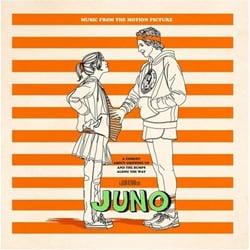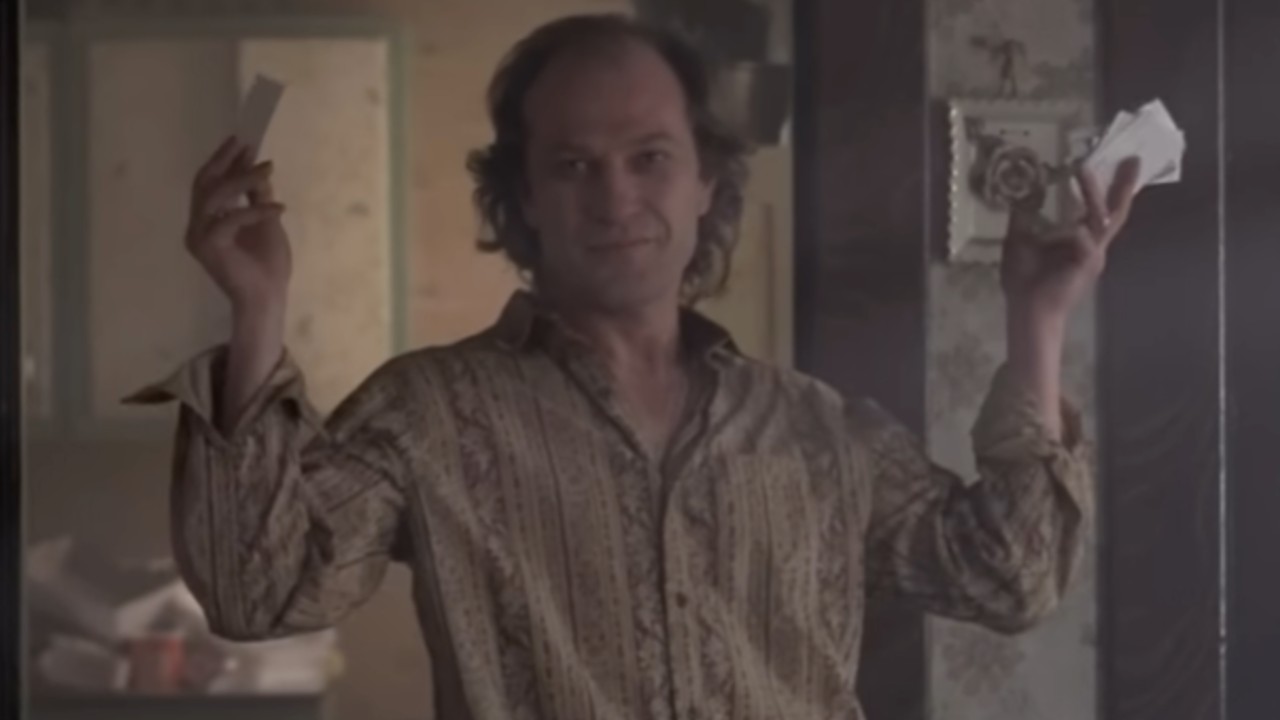Juno: Slimed By The Soundtrack

Your Daily Blend of Entertainment News
You are now subscribed
Your newsletter sign-up was successful
In a January 13th column entitled “Get Real ‘Juno’: You’re a phony”, pop critic for the Chicago Sun-Times Jim DeRogatis took a rare swipe at the much lauded indie film and received a raft of shit for his efforts. His list of complaints was long varied, including gripes about the lightness with which screenwriter Diablo Cody treated the not funny topic of abortion, the unrealistic, pop culture laden blog-speak spewing from the title character’s mouth, and the “sickeningly saccharine” music used throughout the film. Though the column itself was a bit muddled with no clear thesis other than a burning hatred for Juno, the main argument seemed to be that the film itself was “anti-rock” and that the music used, exemplified by pre-school wonder brats the Moldy Peaches, was “glib and insincere”. Almost immediately, responses began to pour in accusing him of being out of touch with teenagers and out of touch in general. Grammatically challenged reader “S” berated him for this, writing, “You seem to have forgotten about all the teenagers who aren't caught up in rap and hip-hop music.” Obviously the majority of Americans sided with S, as the film’s soundtrack went to number one last week and is still holding onto the top of charts as I write this. However, the majority of Americans are usually wrong about pretty much everything (see: Bush, George W.) and Juno is one of them.
When I saw Juno, I, like Mr. DeRogatis, was filled with mild sense of distaste and not only because I really, really hate the Moldy Peaches. I felt vaguely ill used by the film, ashamed of the tears I shed during the birthing scene, and unsure as to why I couldn’t cleave to a film that has 93% rating on Rotten Tomatoes. A few days later, when viewing the Simon and Garfunkel scored The Graduate, it came to me: I didn’t dislike Juno because the music used in it was, in DeRogatis’ words, glib and insincere – I actually love many of the bands included – but because the music was used in a glib and insincere way.
Juno, like a regrettably too many films before it, uses established “good” music to buttress bad writing and gets away with it, somehow. Instead of creating believable emotional undercurrents through fine dialogue and interesting visuals, Cody and director Jason Reitman fall back on heartfelt, familiar sounds to inform the scenes and affect the audience. Though it is a deadly effective way to people who have already formed an independent emotional relationship with the music, it is straight up lazy artistry from all involved. Not to mention, it is monumentally unfair to the music used, no matter how many royalties it may reap for the artists.
As I realized later, the reason I cried during the birthing scene was not because I really gave a shit about Juno McGuff, a most unsympathetic character, but because of Chan Marshall’s heart-breaking and lovely rendition of “Sea of Love” playing over the action. This is a song I have listened to for years, mooning over its gentle phrasing, exulting in its creaky autoharp and perfect vocals, and here it was being used cheaply, prompting tears wholly unrelated to the film itself. Now all I can think about when I hear the song is the sea of afterbirth that must have poured from Juno’s fertile womb post-birth. No wonder I felt slimed.
Unlike say The Graduate or even rom-com queen Nora Ephron’s fetish for Harry Nilsson songs, wherein the music supplements but does not define the film, Juno relies entirely on a veritable score of indie pop songs to communicate every nuance of the lead character’s inner dialogue. Every other scene is like a twee music video. Belle & Sebastian, the most narrative enthralled of Scottish popsters, make a few very ham-handed appearances here. Their song “Expectations”, about the horror of going to school, is used in a scene about guess what, the horror of going to school. In his iTunes Celebrity Playlist, Reitman cops to having culled music for the film before even making a cut and fills his list with songs that didn’t make it into the film. In a telling comment on why Thee Headcoatees punk “Sticks and Stones” was left out, Reitman explains that they wanted music that “would break your heart not your bones”. How about a movie that breaks my heart through its movie-ness, not because it’s filled with songs that break my heart? Another: “Absolutely Cuckoo” by the Magnetic Fields was left out because, “it always overpowered the actors’ the dialogue”. What a salient observation; too bad he didn’t stick to it.
Ultimately I wanted to shout at Reitman, “Dude, were you making a movie or creating a soundtrack?” Reitman’s comments reminded me of film school production classes, where students picked music to put into their films before actually plotting out the film itself. The difference is that one cannot expect 18 year olds to be schooled in the craft of filmmaking, which is much more difficult and subtle than one might think. Reitman, 30 years old and son of a successful director, should know better. And he does, sort of. Juno is marked by some lovely moments unembroidered by music. The relationship between Juno and her father is very touchingly rendered and Jennifer Garner shines as a woman who genuinely loves children and is crushed by the betrayal of her body. However, I wonder how much the rest of the film would have suffered if it didn’t have the cloying voice of Kimya Dawson filling in all the holes. I, like DeRogatis, have no great love for the interminably annoying Dawson but I will admit that her music makes Juno better than it would be otherwise because without the soundtrack dictating to the audience what to think and feel, Juno is nothing but a hollow ditty about shallow girl who claims to love Iggy but wouldn’t know punk if it knocked her up.
On a final note, unrelated note, Juno has been given a lot of press for being so laden with cultural references that older folks would need a guidebook to understand it. Well, older folks ought to give Juno herself a guidebook as she gets some things completely wrong. When Juno’s water breaks, she yells out, “Thundercats are go!" For someone so in tune with pop culture, this is a total pastiche of two completely different shows. Listen Juno, it’s not Thundercats are go: It’s Thunderbirds, Thunderbirds are go. Thundercats? They just say “Ho!”
Your Daily Blend of Entertainment News
